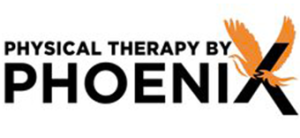3 Signs Your Thumb is Dislocated
Thumb injuries, including a dislocated thumb, happen more often than you think. If you’ve suffered anything like this, you may need orthopedic therapy in Wichita, KS to regain full movement in the area. In the meantime, here are three signs that your thumb may be dislocated.
1. That Hand is Weaker Than the Other
If your thumbs is dislocated, it can have a domino effect on your hand. The nerves may be being pinched, which can weaken the hand. One way to tell is to quickly squeeze each hand as if you’re making a fist. Can the affected hand move as fast as the other? If not, you should see a physical therapist to see if you might have a dislocated thumb.
2. You Had an Injury
It’s possible to injure your hand and dislocate your thumb unknowingly. Something as fast as punching the wall with your hand, or hitting a punching bag at the wrong angle can cause this type of injury. Other common injuries that can result in a dislocated thumb are falling and landing on your hand, a motor vehicle accident and more.
3. Your Arm on That Side Feels a Bit Numb
Having numbness in one arm can be a sign of many things, including an impending heart attack. But if the numbness is slight and ongoing over the course of weeks, it could also be a sign that your thumb’s been dislocated and some nerves are being pinched cutting off circulation.
If you have any suspicions that you may have unwittingly dislocated your thumb, see yourphysical therapist in Wichita, KSright away. Permanent nerve damage can result if treatment doesn’t commence as soon as possible.


